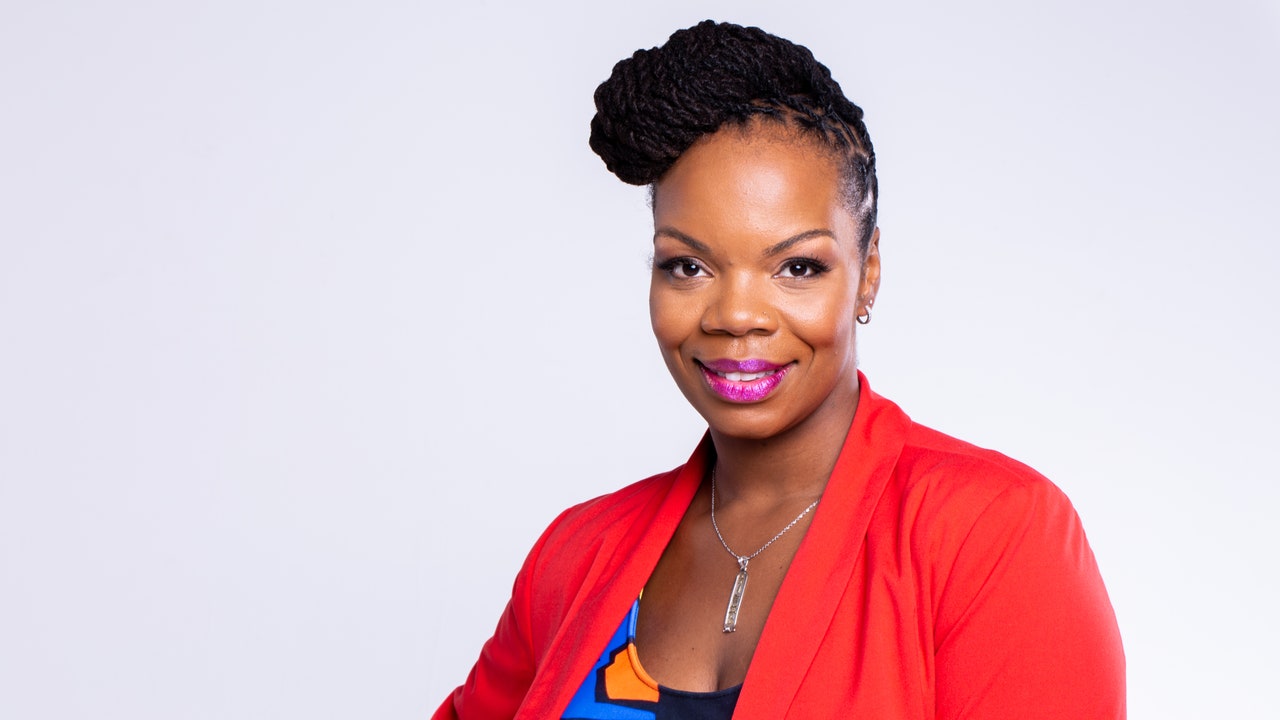The NBA’s First ‘Ball Girl’ Changed the Game Without Ever Playing It

[ad_1]
Leadership in sports is one of the most enduring old boys’ clubs but women are on a hot streak, fast chipping away at the glass ceiling that’s protected coaching positions, commissioners offices and ownership opportunities. In 2020 alone, Callie Brownson, the chief of staff for the Cleveland Browns, became the highest-ranking female coach in NFL history when she stepped in as a position coach. Becky Hammon made history when she became the first woman to act as head coach during an NBA regular-season game. Kim Ng became the first woman general manager in Major League Baseball history as the Miami Marlins GM. Katie Sowers was the first woman to coach in a Super Bowl game (topped the following year by the two women coaches of the Super Bowl winning Tampa Bay Buccaneers). But before all of these pioneers, there was Melissa Proctor.
Proctor, a Black woman with locs and a nose ring, doesn’t fit the old boys’ club bill. But as executive vice president and chief marketing officer for the Atlanta Hawks, she’s a powerful force in the NBA and one of the highest ranking women in Big League sports. The Miami native grew up in an immigrant household not watching American sports, but her cousin introduced her to basketball by way of the Miami Heat. Around that time, Proctor asked her mother if she could get a part-time job; her mother responded that she could only get a job if it were something she wanted to do for the rest of her life. “At 15, I thought about it, and I realized that every time I was watching games on TV, I never saw women. I didn’t see women on the sidelines, and so I said that I wanted to become the first female coach in the NBA,” she said. She was determined to make her way in the NBA—starting with becoming the league’s first ball girl.
Proctor had never played basketball—she’d never even been to an NBA game, and had no idea what a “ball boy” did but she knew that was the place to start. She wrote letters and made phone calls to the Miami Heat but was turned down repeatedly. “I finally found the equipment manager, and he tried to discourage me and tell me it was grunge work,” Proctor says. She didn’t have access to someone who could make the opportunity happen for her, but Proctor’s pure determination kept her on the course to find a job with the Heat. When she was 16, “the equipment manager called me back and said, ‘You know, you got a lot of heart, kid. Come in for a pre-season game.'” She was given an outfit and put to work.
Proctor immediately made her mark. “I was becoming the queen of the court because I was out there hustling and diving for loose balls and doing things that some of the guys didn’t necessarily feel like they had to do,” she said. Her presence eventually inspired the Miami Heat owner’s daughter, Kelly Arison, to become a ball girl, too. Now the organization had two girls on the court and decided to change the role’s name to a gender neutral “ball attendant” to be inclusive.
During her time as a ball attendant, Proctor had a front row seat to watch Michael Jordan, Scottie Pippin and Dennis Rodman. She built relationships with the game day operations staff to learn what it takes to put on a game. She learned how to interact with ownership, celebrities who are sitting court side, the janitorial staff and security. At the time, Proctor didn’t realize the magnitude of being the Miami Heat’s first ball girl. She was breaking barriers in sports, but also setting the groundwork for how she would fearlessly pursue a career in an industry famously lacking in women. “I’m so grateful for the freedom to think big and the freedom to explore different things without judgment,” she says.
[ad_2]
Source link




